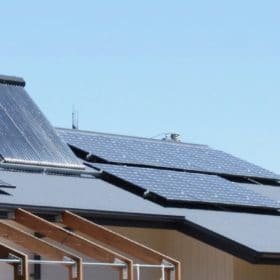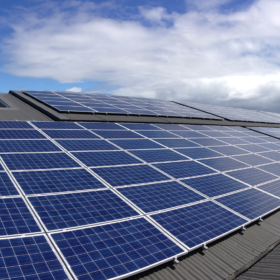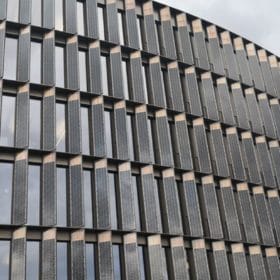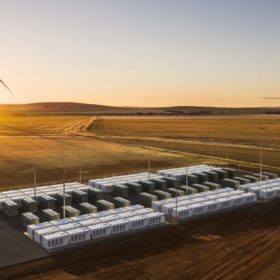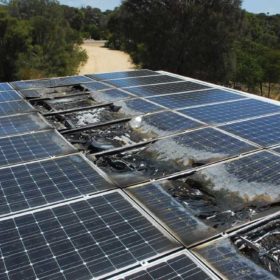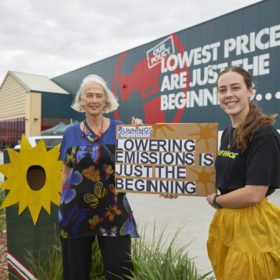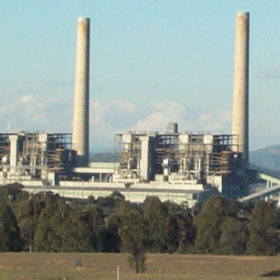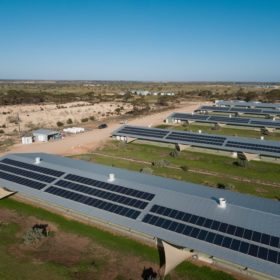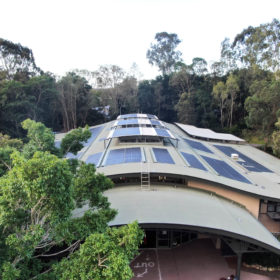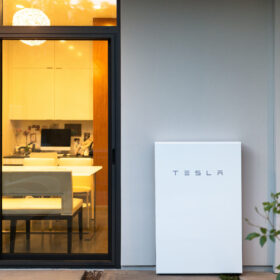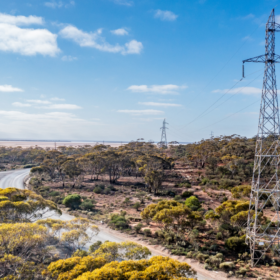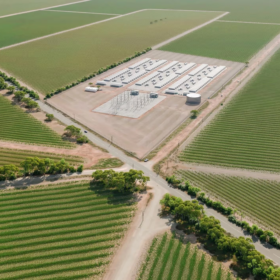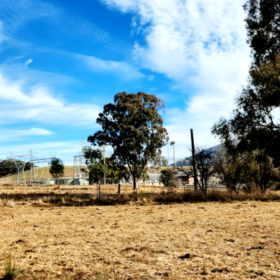ACT’s rooftop solar boomed in 2020
The Australian Capital Territory’s latest Feed-in Tarrif report found that Canberrans are increasingly contributing to their territory’s 100% renewable energy supply thanks to the increasing uptake of rooftop solar.
Stockland studies rooftop solar in residential setting
Australian property developer Stockland has teamed with the Clean Energy Finance Corporation (CEFC) to launch a research project studying the effects of rooftop solar and associated battery storage on the liveability and affordability of the home.
Versatility of building-integrated PV tipped to increase PV penetration
The multi-functionality of building-integrated PV (BIPV) shapes as a key driver to increased PV penetration in the Australian energy market as rooftop installations continue to dominate.
What are batteries?
Batteries are coming to a grid near you, if they’re not there already. Little ones in households and big ones like in Hornsdale, South Australia are being deployed in support of the clean energy revolution. But what are they doing there? What can batteries do?
Australian rooftop PV safety standards under fire in new report
The Australian rooftop PV market is expected to eclipse all previous records in 2020 but a new report has raised serious questions about the fire safety standards associated with small-scale solar installations.
SwitchDin teams up with Fronius on remote PV control
Energy management software company SwitchDin has urged operators in the Australian renewable energy market to work collaboratively as the decentralised generation model becomes increasingly dominant.
No longer stationery: Officeworks joins slew of businesses committing to 100% renewables
Officeworks jumped on the bandwagon of businesses in Australia committing to 100% renewable electricity in the next five years. Both Bunnings and Officeworks announced their plans in the last week, sparking calls for Target and Kmart, which are also in the Wesfarmers portfolio, to follow suit.
Are you ready, hey, are you ready for this: Is ‘lead time’ the key to milder impacts from coal retirements in the NEM?
Cornwall Insight Australia’s Lead Consultant – Market Analysis, Lumi Adisa, compares the lead times of major coal fired power station retirements in the National Energy Market (NEM) and analyses how renewables, particularly solar plus battery storage, are able to replace lost generation in the transition to a two-sided market.
Winner, winner, chicken dinner! Australia’s largest poultry farm switches on solar plus energy storage system
Australia’s largest free-range chicken farm switched on one of the biggest solar plus energy storage system’s of any commercial farm in the country this week. With 1.4 MW of rooftop solar combining with 2.28 MWh of energy storage via 5 Tesla lithium-ion batteries, the farm is excited to save enormous amounts on its energy bill and its emissions. Winner, winner!
Aussie councils step up for renewables, reap awards
Dozens of elected local government representatives from around Australia are the latest to reject the Federal Government’s gas-led economic recovery plan, committing instead to a “sustainable” economic future.
